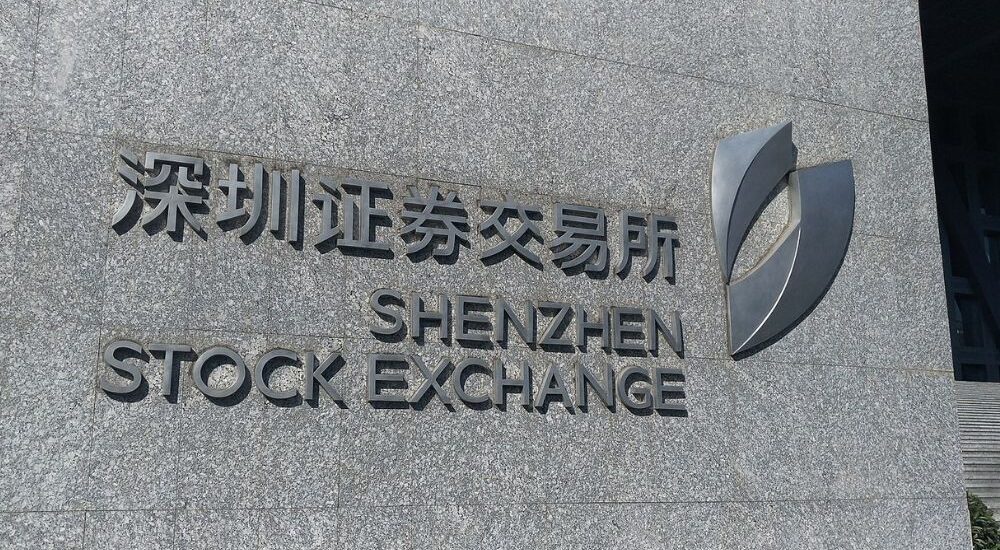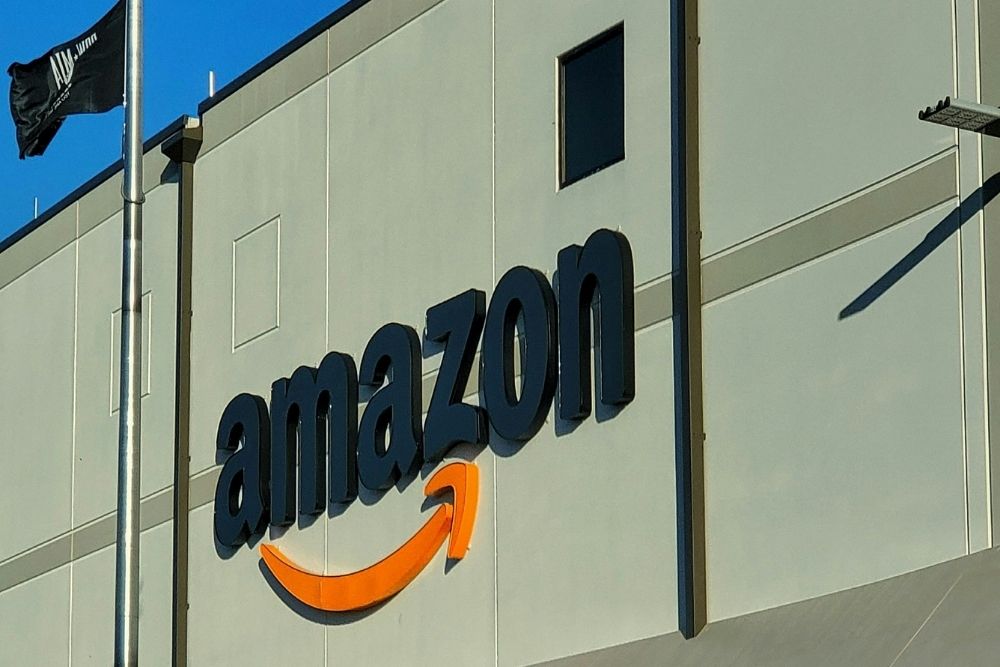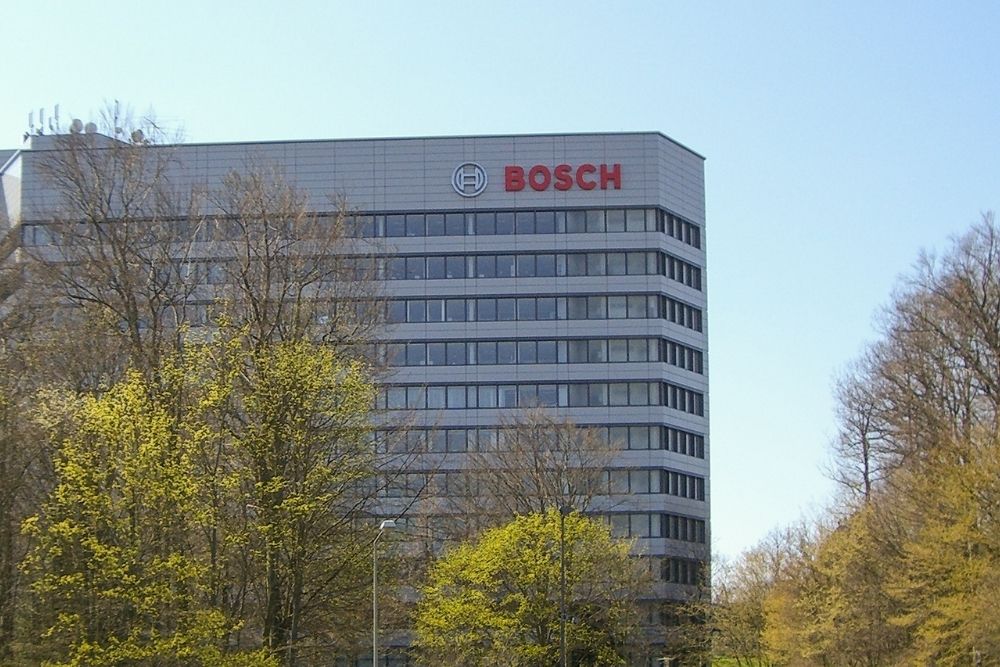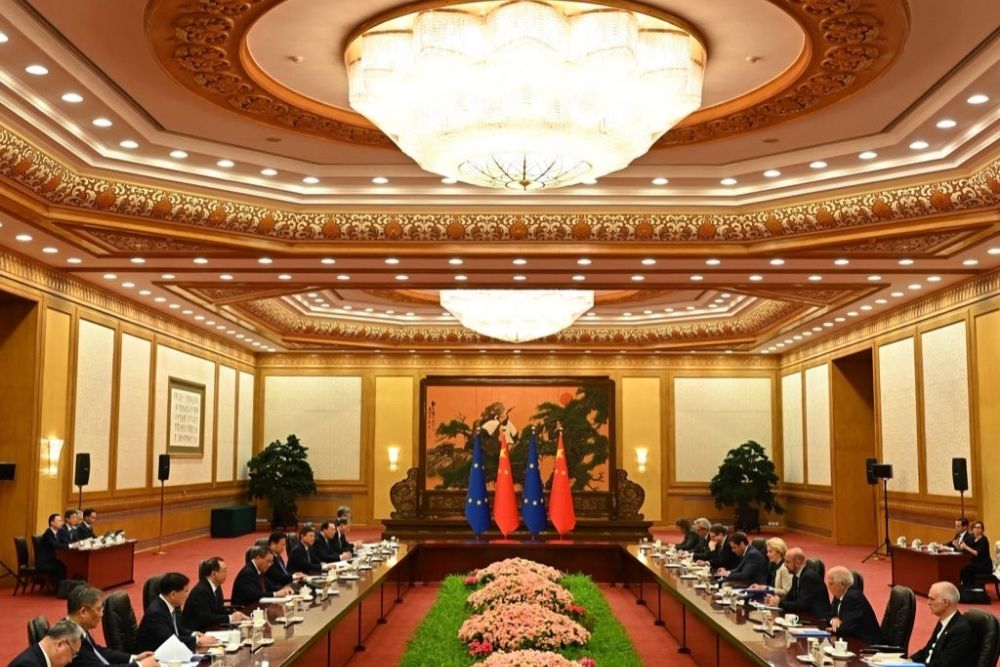Chinese investors looking for overseas assets following weak domestic market
- August 29, 2023
- Posted by: Quatro Strategies
- Categories: Business & Politics, China, Sanctions & Regulation

Chinese investors are increasingly turning to overseas assets as they seek to diversify their portfolios and escape the challenges posed by a weak domestic stock market, geopolitical risks, and a declining currency. This shift in investment behavior has led to a surge in demand for investment products under the Qualified Domestic Institutional Investor (QDII) program, one of the few channels through which Chinese capital can be invested abroad.
Investors are flocking to exchange-traded funds (ETFs) and mutual funds offered under the QDII program, which allows qualified Chinese institutions and individuals to invest in foreign financial markets. These investment products provide exposure to international markets and assets, giving investors the opportunity to hedge against domestic uncertainties and potentially achieve better returns.
The trend is exemplified by the launch of a record number of 38 QDII funds in the current year until mid-August, surpassing the total of 31 funds introduced in the entirety of 2022. What’s remarkable is that investors are no longer limiting their focus to traditional investment destinations like Hong Kong. Instead, they are diversifying further by seeking access to markets such as the United States, Japan, and even emerging economies like Vietnam and India.
The appeal of these investment products lies in their ability to offer exposure to more robust international economies, potentially higher returns, and a measure of risk diversification. Given the economic challenges facing China, investors are keen to explore alternative avenues for growth and stability.
Despite the increasing demand, there are concerns about the availability of QDII quotas. The total QDII quota, which represents the amount of Chinese capital that can be invested abroad, is nearly exhausted due to the high demand for these investment products. This has led asset managers to find that securing additional QDII quotas from regulators has become a more challenging endeavor.
The increased interest in overseas assets comes against the backdrop of a lackluster domestic stock market performance. The CSI300 index, a key benchmark for Chinese stocks, has seen a decline of approximately 2% this year, further dampening investor sentiment. Additionally, the yuan has depreciated by over 5% against the U.S. dollar in the same period.
In contrast, international markets have been showing more favorable performance. For instance, the Dow Jones Industrial Average has posted gains of around 4.3%, while the Nasdaq Composite Index has experienced a significant jump of about 30%.
As demand for QDII products continues to rise, asset managers are keen to secure more QDII quota from regulators, particularly the State Administration of Foreign Exchange (SAFE). Despite the challenges associated with obtaining additional quota, asset managers believe that the growing interest in international investment options will persist. Investors are attracted not only by the potential for better returns but also by the opportunity to diversify their portfolios and mitigate risks associated with domestic uncertainties.
Interested in learning more?
Sign up for Top Insights Today

Top Insights Today delivers the latest insights straight to your inbox.
You will get daily industry insights on
Oil & Gas, Rare Earths & Commodities, Mining & Metals, EVs & Battery Technology, ESG & Renewable Energy, AI & Semiconductors, Aerospace & Defense, Sanctions & Regulation, Business & Politics.


